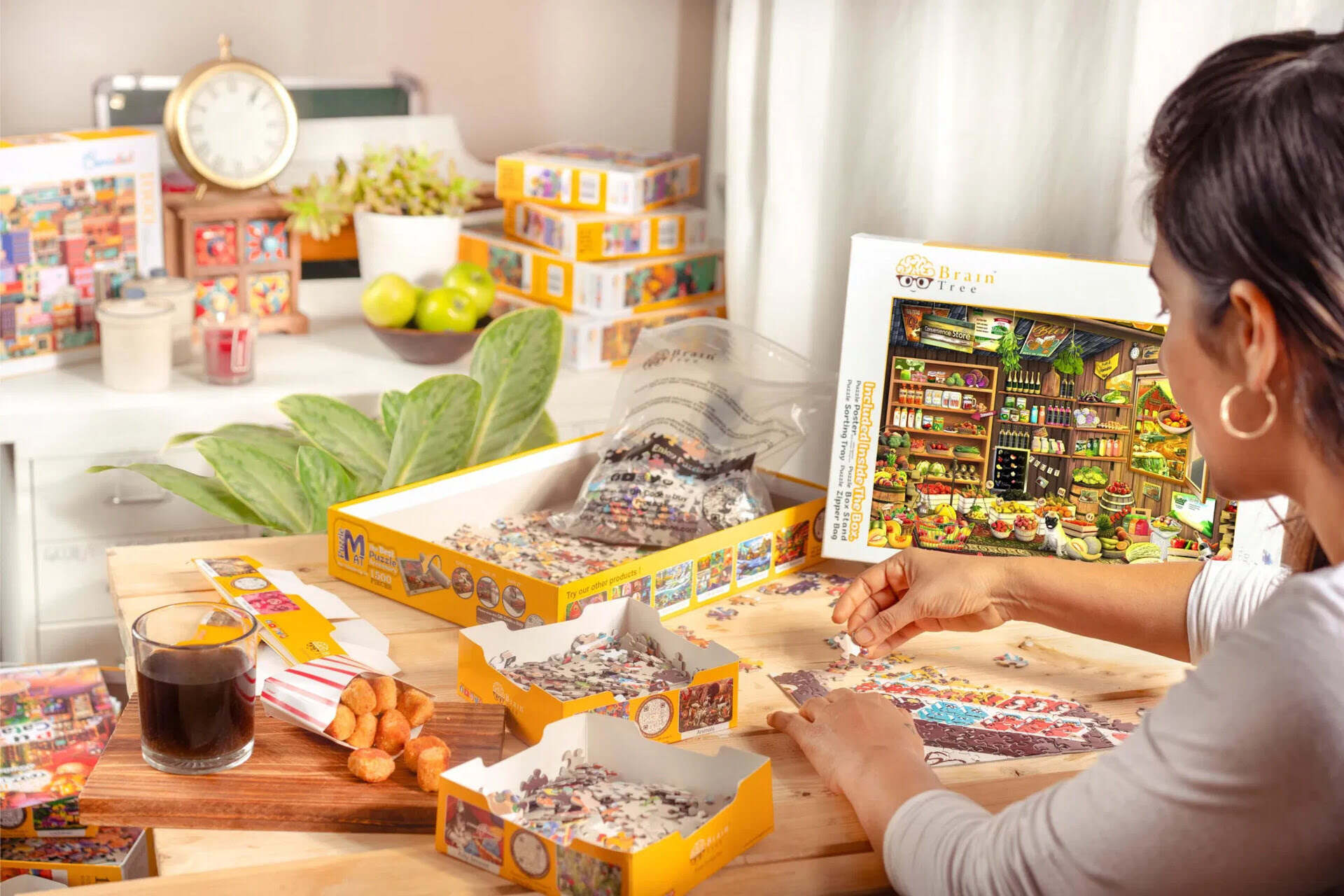

Articles
How To Store Jigsaw Puzzles
Modified: January 5, 2024
Learn the best techniques and tips for storing jigsaw puzzles in this collection of informative articles.
(Many of the links in this article redirect to a specific reviewed product. Your purchase of these products through affiliate links helps to generate commission for Storables.com, at no extra cost. Learn more)
Introduction
Ever since their creation in the 1760s, jigsaw puzzles have been a beloved pastime for people of all ages. Whether you enjoy challenging yourself with complex designs or prefer the soothing act of fitting pieces together, completing a puzzle is a rewarding experience. However, once the puzzle is finished, it’s important to have a storage solution in place to keep the pieces safe and organized for future enjoyment.
Choosing the right storage option for your jigsaw puzzles is crucial for preserving their integrity and longevity. In this article, we will explore different methods and containers for puzzle storage, as well as provide helpful tips on maintaining puzzle quality. So, let’s dive in and discover the best ways to store your jigsaw puzzles!
Key Takeaways:
- Properly storing jigsaw puzzles is crucial for preserving their quality. Choose the right storage option, prepare the puzzle correctly, and use suitable containers to protect them from damage and ensure longevity.
- Organize and label your puzzle storage to easily access and manage your collection. Follow tips for maintaining puzzle quality, such as avoiding sunlight and moisture, to ensure years of enjoyment.
Read more: How To Store Puzzle
Choosing the Right Storage Option
When it comes to storing jigsaw puzzles, there are several factors to consider to ensure the pieces remain intact and organized. Here are some key points to keep in mind:
- Size: Assess the size of your puzzle collection to determine the amount of storage space required. If you have a large collection, consider investing in containers or shelves specifically designed for puzzle storage.
- Portability: If you often work on puzzles in different locations or want the flexibility to take them on trips, opt for storage solutions that are portable and easy to transport.
- Accessibility: Think about how frequently you access your puzzles. If you enjoy completing them regularly, choose storage that allows for easy access without the risk of damaging the pieces.
Now that you have these considerations in mind, let’s explore some popular storage options for jigsaw puzzles.
Preparing the Puzzle for Storage
Before you store your jigsaw puzzle, it’s important to properly prepare it to ensure the pieces stay intact and protected. Here are some steps to follow:
- Clean the puzzle: Use a soft brush or lint-free cloth to gently remove any dust or debris from the puzzle surface. Avoid using water or harsh cleaning agents, as they can damage the puzzle.
- Secure loose pieces: Check for any loose or detached puzzle pieces. If you find any, make sure to reattach them using puzzle glue or adhesive tape. This will prevent the pieces from getting lost or damaged during storage.
- Flatten the puzzle: If your puzzle is not already flattened, place a large, flat board or piece of cardboard on top of the puzzle and apply gentle pressure to flatten it. This will make it easier to transfer and store the puzzle without any warping or bending.
By following these preparation steps, you can ensure that your jigsaw puzzle is in optimal condition for storage. This will make it easier to handle and maintain its shape and quality when it’s time to enjoy it again.
Container Options for Puzzle Storage
When it comes to storing jigsaw puzzles, there are several container options available that can help keep your puzzles organized and protected. Here are some popular choices:
- Puzzle storage mat: A puzzle storage mat is a flexible mat that allows you to easily roll up and store your puzzle. It typically comes with a secure strap or elastic bands to keep the rolled puzzle in place. This option is ideal for those with limited storage space or for those who frequently move their puzzles.
- Puzzle storage case: Puzzle storage cases are specially designed to hold unassembled puzzle pieces and keep them organized. These cases often have separate compartments or trays to store different puzzle sizes. They also come with tight-fitting lids to prevent any accidental spills or damage.
- Puzzle storage boxes: Puzzle storage boxes are sturdy containers that can hold multiple completed puzzles. They come in various sizes, allowing you to store puzzles of different dimensions. Some puzzle storage boxes even come with dividers or trays to keep the puzzles separated and organized.
In addition to these container options, you can also consider using resealable plastic bags to store smaller puzzles or puzzle pieces. Simply place the pieces in a bag and label it with the puzzle’s name or number for easy identification.
Ultimately, the choice of container depends on your personal preference, the size of your puzzle collection, and the available storage space. Whichever option you choose, ensure that the container provides adequate protection from dust, moisture, and physical damage.
Store jigsaw puzzles in a flat, sturdy container to prevent pieces from getting lost or damaged. You can also use puzzle mats to roll and store unfinished puzzles.
Storing Large Jigsaw Puzzles
Storing large jigsaw puzzles can be a bit more challenging due to their size and fragility. However, with the right approach, you can safely store these puzzles and keep them in excellent condition. Here are some tips for storing large jigsaw puzzles:
- Use a puzzle board: Investing in a puzzle board specifically designed for large puzzles can provide a convenient storage solution. These boards typically come with a felt surface that keeps the puzzle intact while allowing you to easily slide it under a bed or against a wall.
- Consider using a foam mat: If you don’t have a puzzle board, an alternative is to use a large foam mat. This provides a soft and flat surface to store your puzzle. You can place a piece of fabric or felt over the puzzle to prevent dust from settling on the surface.
- Opt for a custom-built storage solution: If you have a substantial collection of large jigsaw puzzles, you might consider having a custom-built shelving unit or cabinet to store them. This ensures that the puzzles are properly supported and protected from any potential damage.
When storing large jigsaw puzzles, it’s important to handle them with care and avoid any unnecessary pressure that could cause them to bend or break. If the puzzle is too large to fit inside a container or storage solution, cover it with a large, lightweight cloth or plastic sheet to protect it from dust and moisture.
By following these tips, you can successfully store your large jigsaw puzzles and maintain their quality for future enjoyment.
Read more: How To Store A Puzzle
Organizing and Labeling Puzzle Storage
Keeping your puzzle storage organized is essential for easy access and efficient management of your puzzle collection. Here are some tips for organizing and labeling your puzzle storage:
- Categorize by theme or difficulty: Sort your puzzles based on their themes or levels of difficulty. This makes it easier to find the puzzle you’re in the mood for and helps you keep track of your collection.
- Use dividers or separate containers: If you have a large collection, consider using dividers or separate containers within your storage solution to keep different puzzles separated. This prevents pieces from getting mixed up and makes it easier to locate specific puzzles.
- Label each puzzle: Attach labels to the containers or storage bags indicating the name or number of the puzzle. This saves time when you’re searching for a particular puzzle and helps you keep track of your collection.
- Create a catalog: Consider creating a catalog or inventory of your puzzle collection. This can be a spreadsheet or a document where you list the name, theme, number of pieces, and any other relevant information about each puzzle. This serves as a convenient reference tool and helps you keep track of your collection’s progress.
By organizing and labeling your puzzle storage, you can easily access your puzzles and maintain an orderly collection. Remember to periodically review and update your organization system as your collection grows or changes.
Tips for Maintaining Puzzle Quality
To ensure that your jigsaw puzzles remain in excellent condition for years to come, it’s important to take proper care of them. Here are some helpful tips for maintaining puzzle quality:
- Avoid exposure to sunlight: Prolonged exposure to sunlight can cause the puzzle’s colors to fade over time. Store your puzzles in a cool, dry place away from direct sunlight to preserve their vibrancy.
- Keep away from moisture: Moisture can cause the puzzle pieces to warp or become damaged. Store your puzzles in a moisture-free environment and avoid storing them in areas prone to humidity, such as basements or attics.
- Handle with clean hands: Before working on a puzzle, ensure that your hands are clean and free from any oils or lotions. This prevents any residue from transferring to the puzzle pieces and potentially harming them.
- Store puzzles flat: When not in use, store your puzzles flat to maintain their shape and prevent any bending or warping. Avoid stacking heavy objects on top of the puzzles, as this can also cause damage.
- Store puzzle pieces together: Make sure all the puzzle pieces are stored together to avoid losing or misplacing any pieces. If you need to disassemble a puzzle, place the pieces in a labeled bag or container to keep them secure.
- Inspect puzzles periodically: Regularly inspect your puzzles for any signs of damage or wear. Check for loose pieces, damaged edges, or any other issues that may require repairing or replacing.
By following these tips, you can maintain the quality and longevity of your jigsaw puzzles, ensuring that they provide hours of enjoyment for years to come.
Conclusion
Properly storing and maintaining your jigsaw puzzles is essential for preserving their quality and ensuring that they can be enjoyed time and time again. By choosing the right storage option, preparing the puzzle correctly, and using suitable containers, you can keep your puzzles organized and protect them from damage.
Whether you opt for puzzle storage mats, cases, boxes, or custom-built solutions, make sure they provide adequate protection from dust, moisture, and physical harm. Additionally, taking the time to flatten the puzzle, secure loose pieces, and clean the surface before storage will help maintain the puzzle’s integrity.
Remember to organize your puzzle storage by theme or difficulty level and label each puzzle to make it easier to find and track your collection. Consider creating a catalog to keep a detailed inventory of your puzzles for reference.
To maintain the quality of your puzzles, avoid exposing them to direct sunlight or moisture, handle them with clean hands, and store them flat to prevent bending or warping. Regularly inspect your puzzles for any signs of damage and address them promptly to keep the collection in top shape.
By following these guidelines, not only will your jigsaw puzzles remain in excellent condition, but you’ll also be able to enjoy them for many years to come. So, go ahead, store your puzzles with care, and embark on countless hours of puzzle-solving enjoyment!
Frequently Asked Questions about How To Store Jigsaw Puzzles
Was this page helpful?
At Storables.com, we guarantee accurate and reliable information. Our content, validated by Expert Board Contributors, is crafted following stringent Editorial Policies. We're committed to providing you with well-researched, expert-backed insights for all your informational needs.
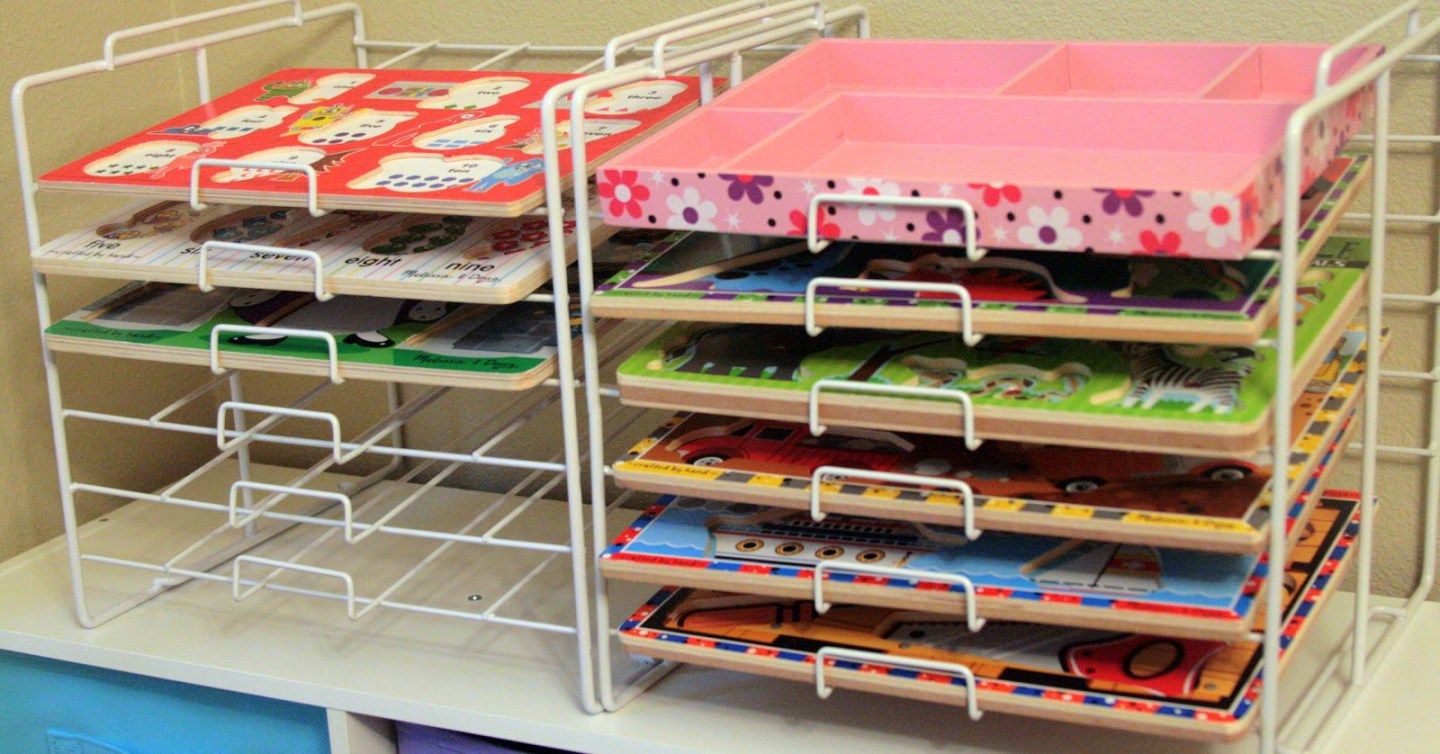
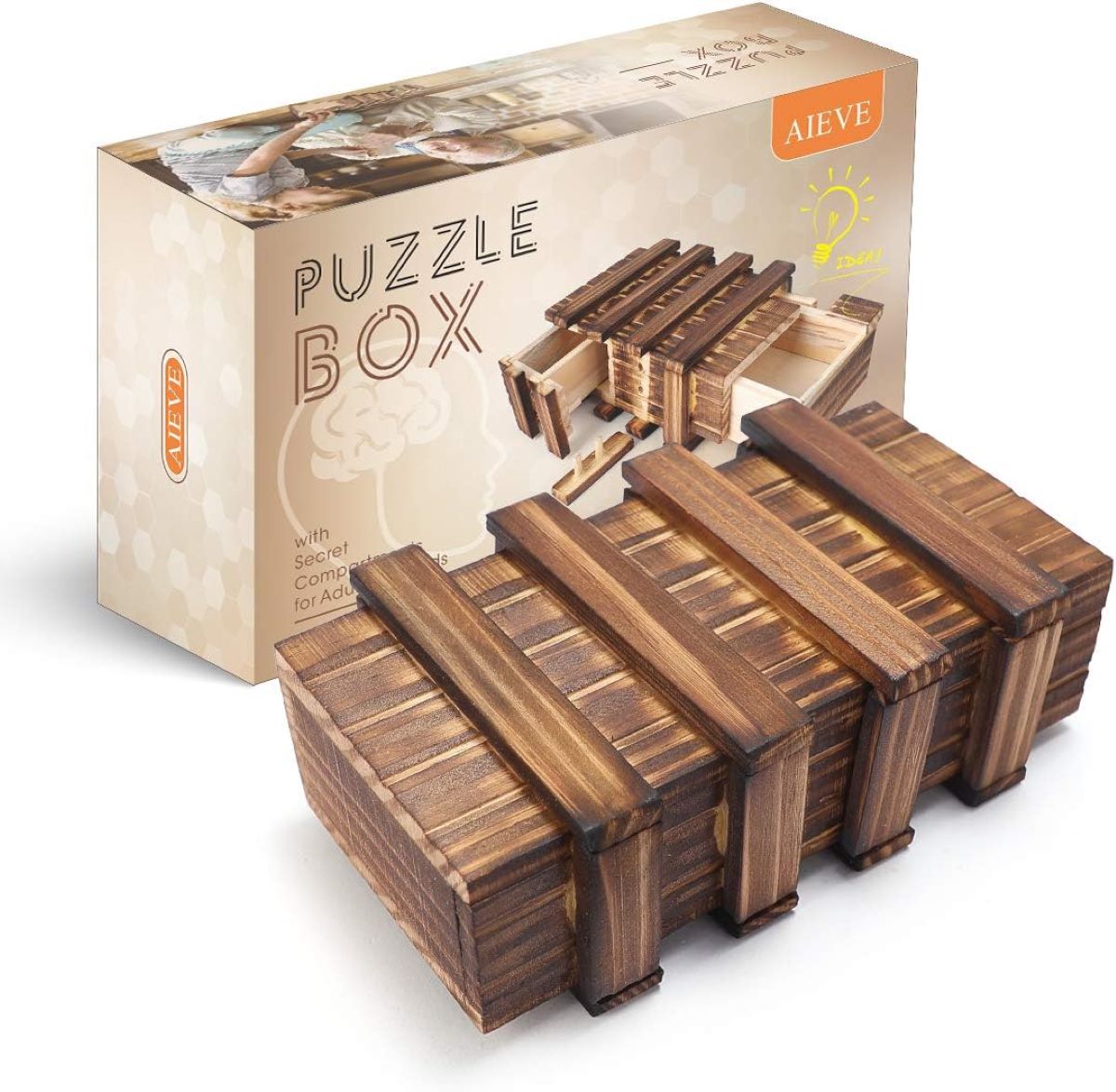

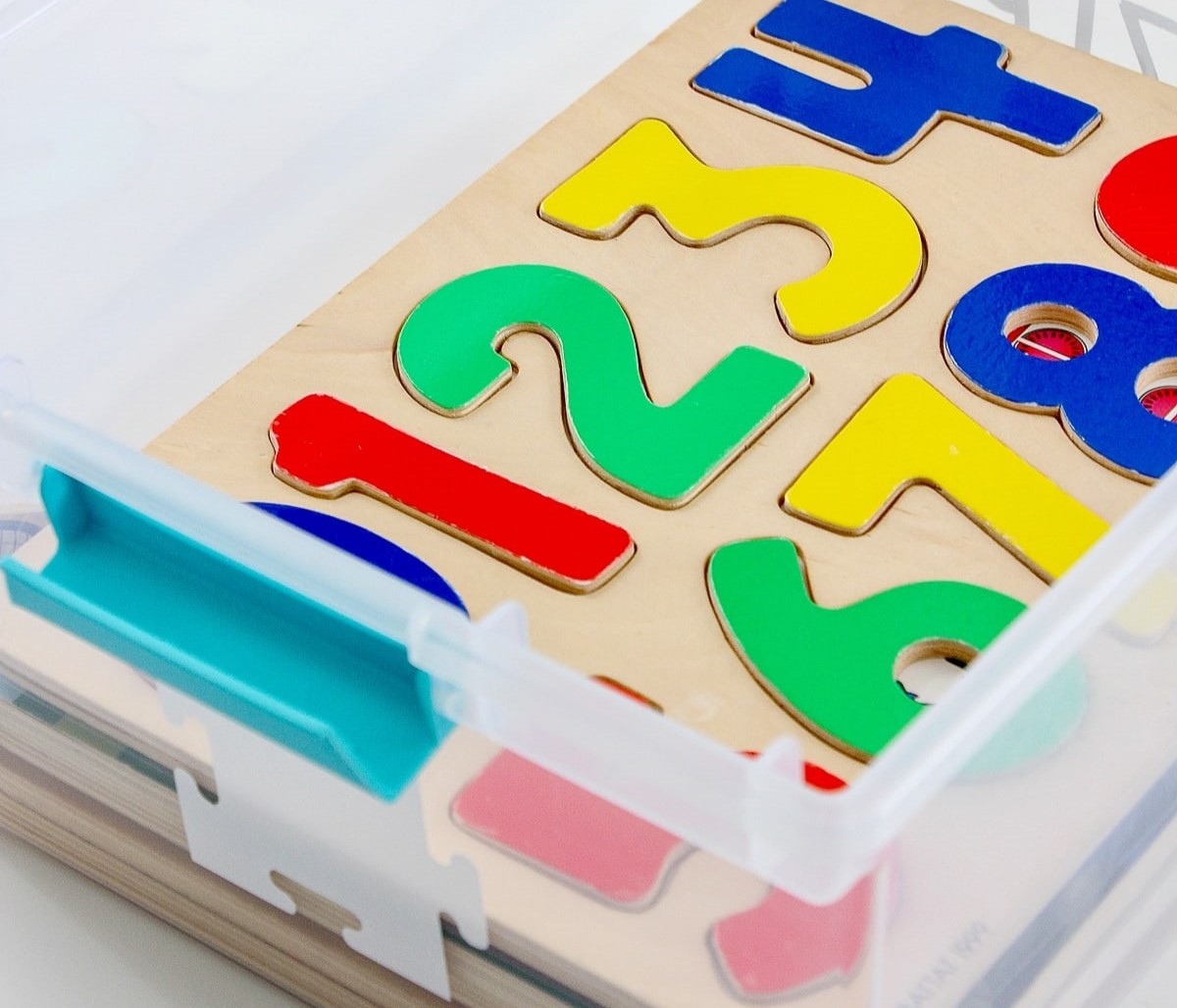
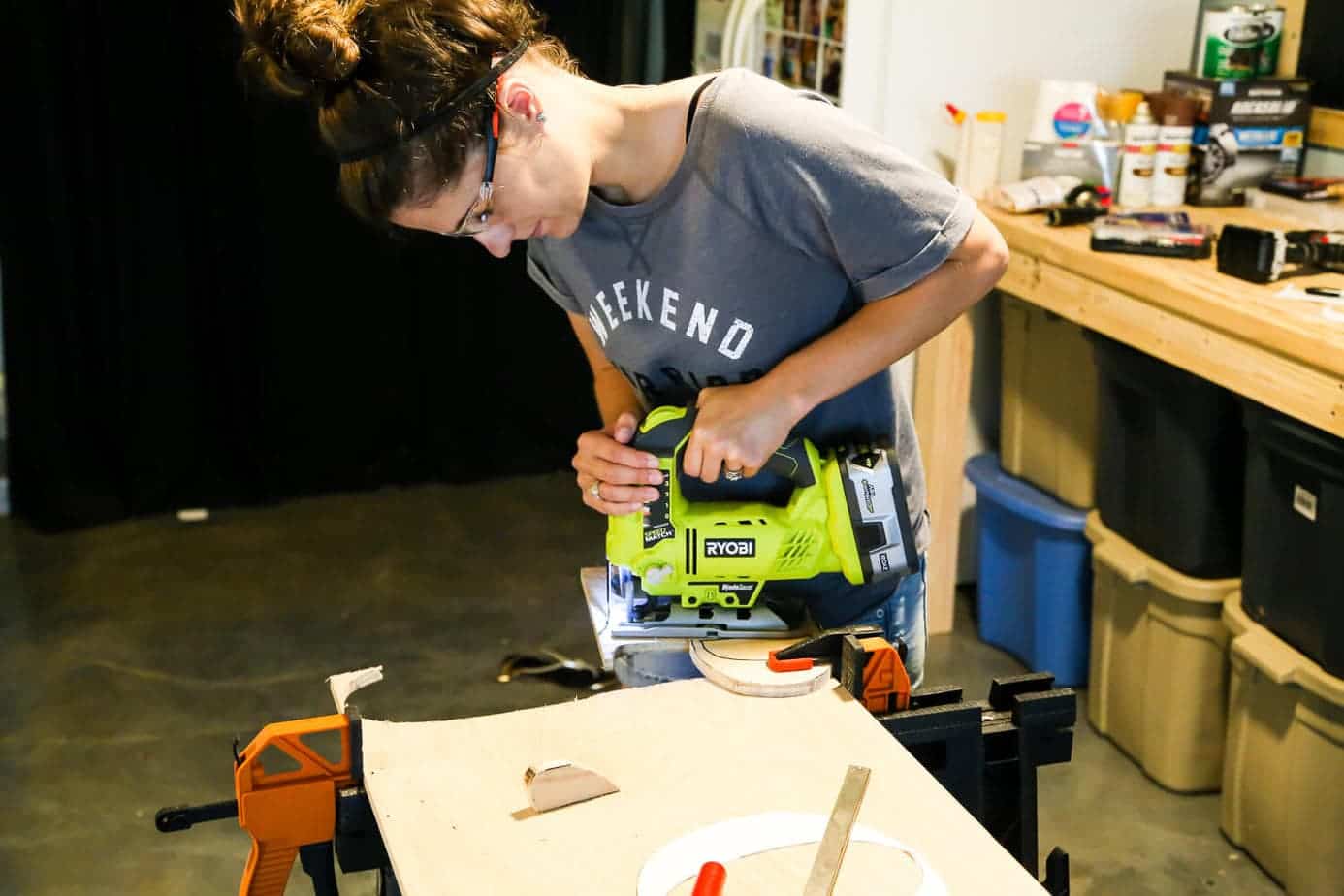

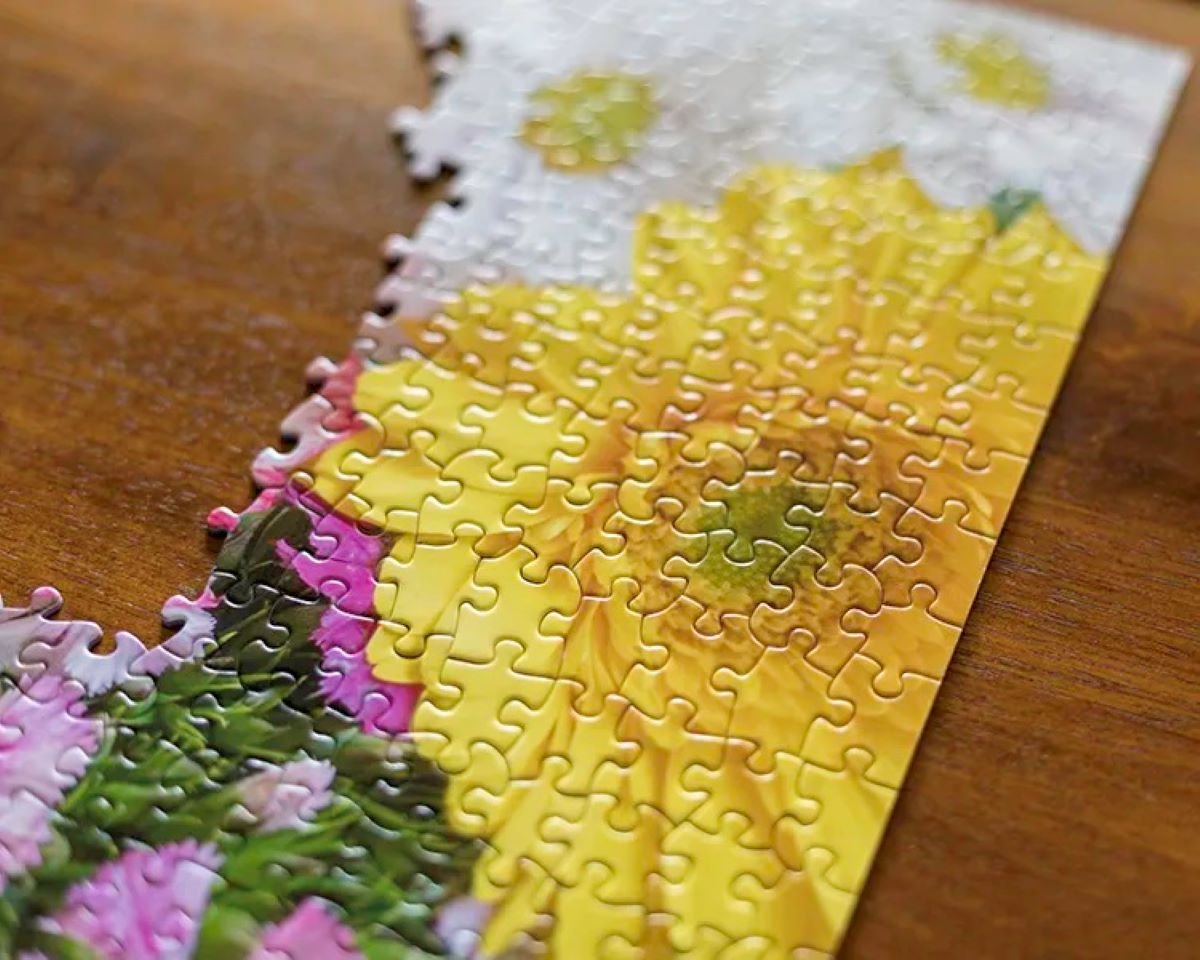
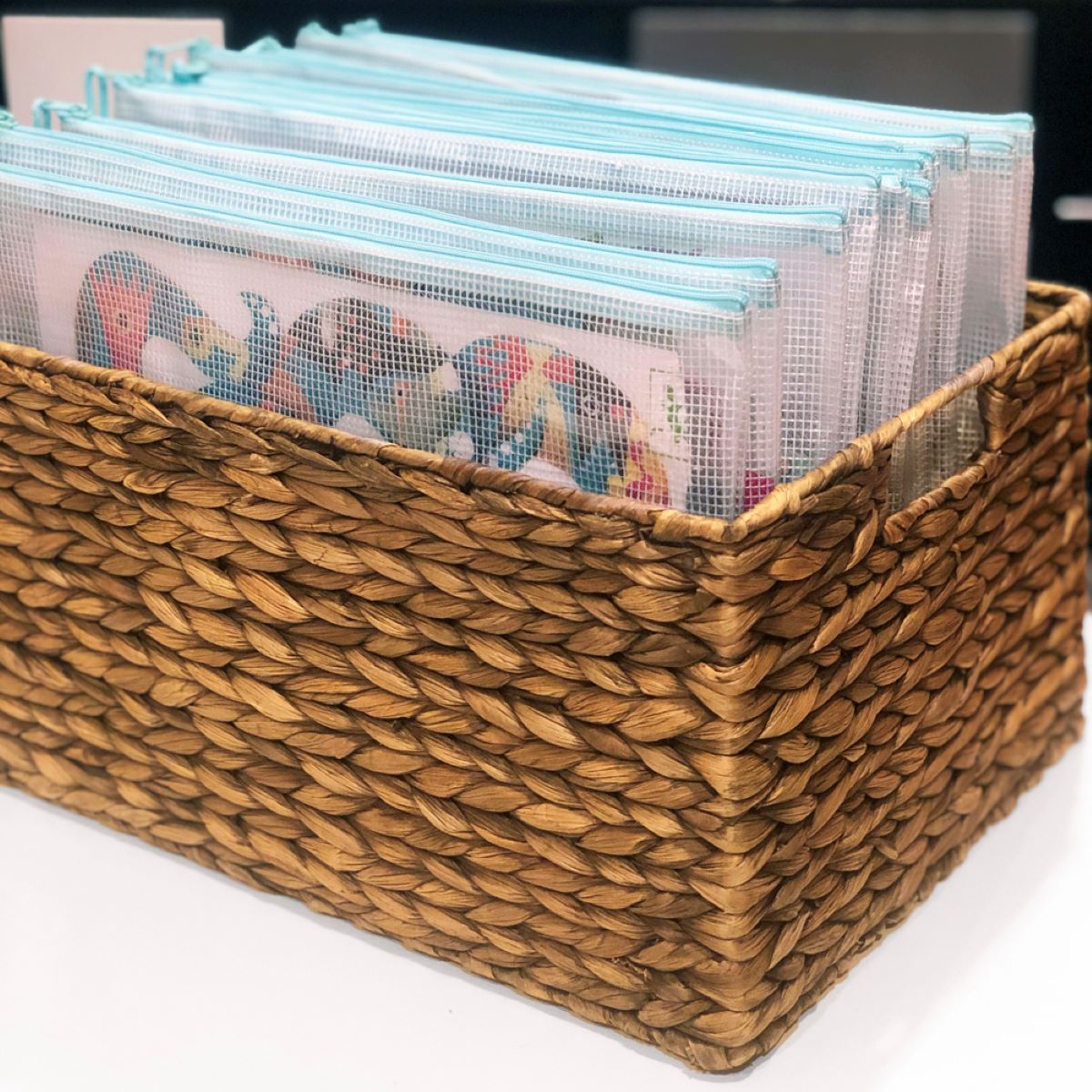
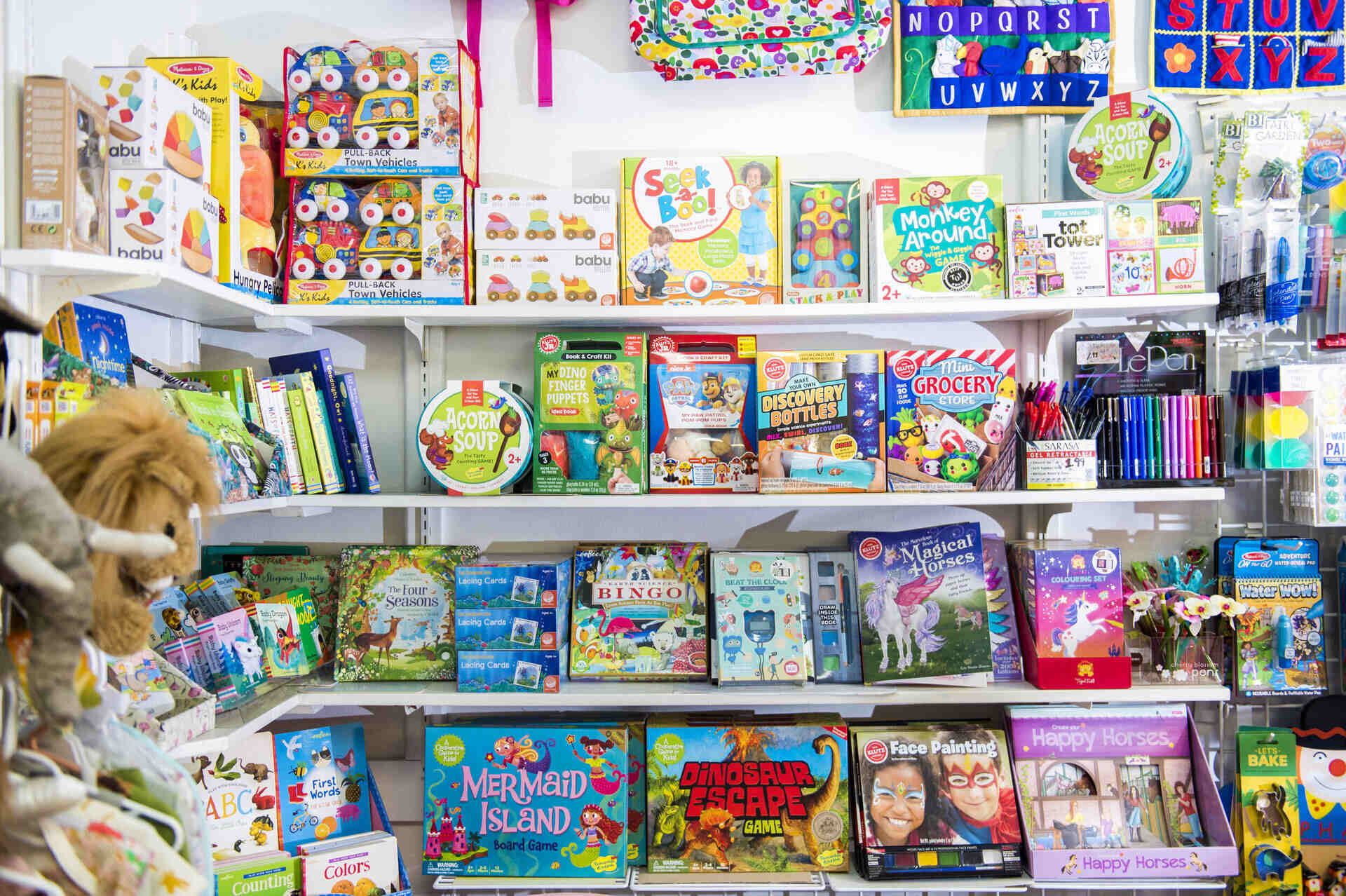

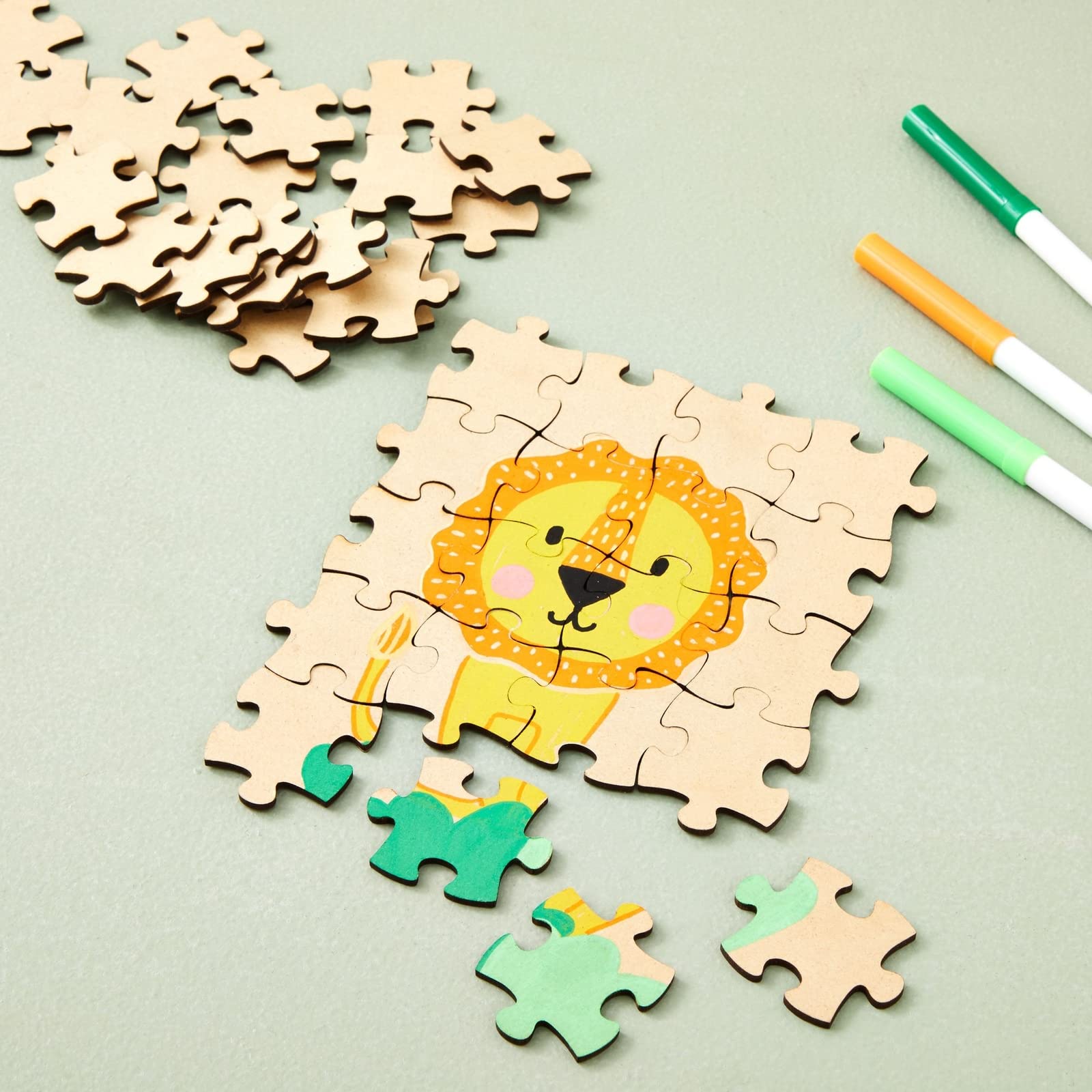
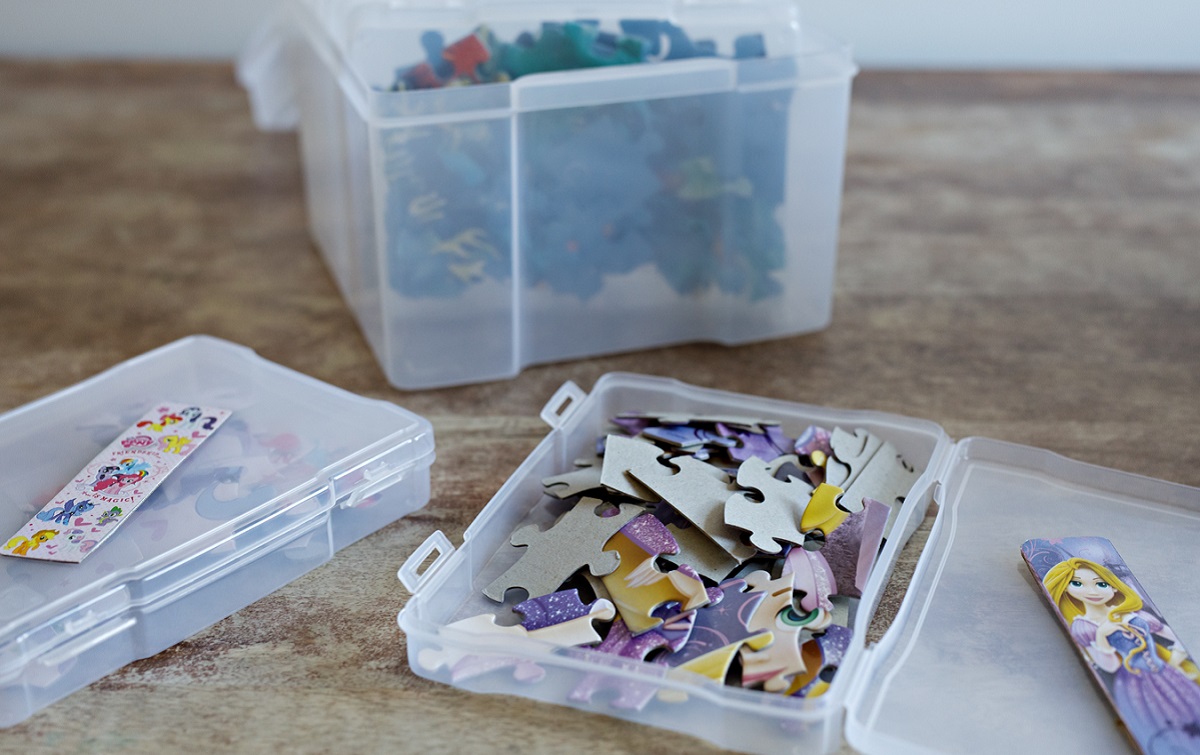
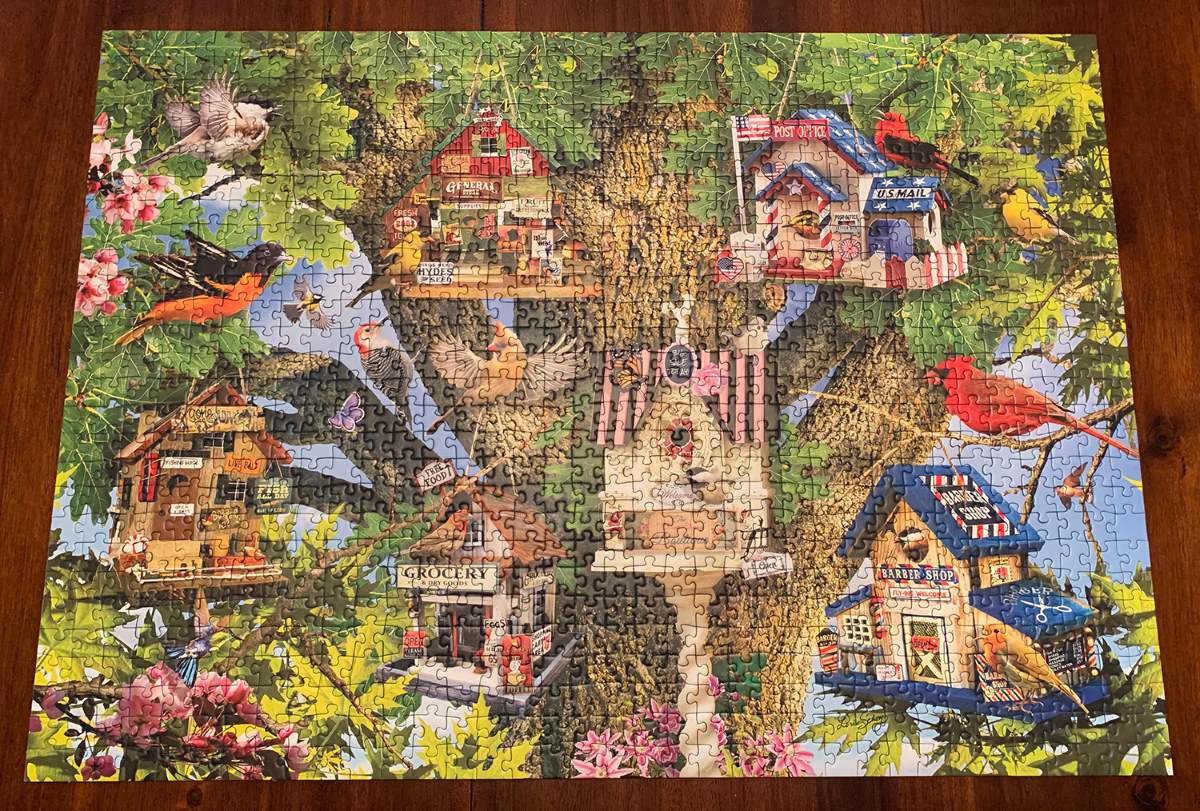
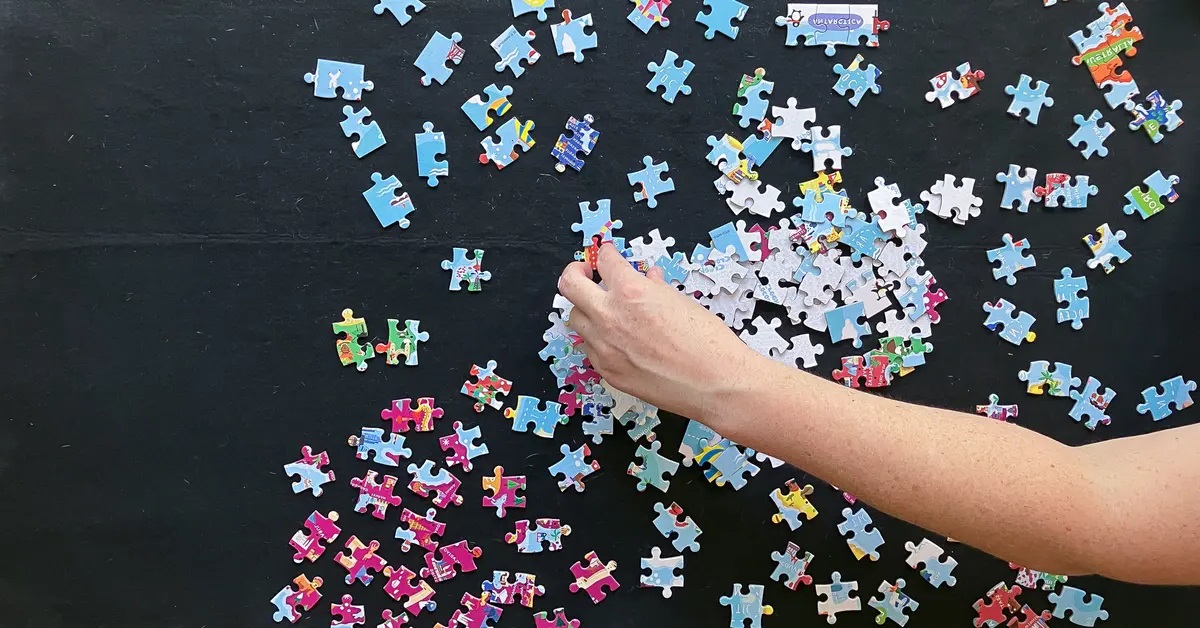

0 thoughts on “How To Store Jigsaw Puzzles”